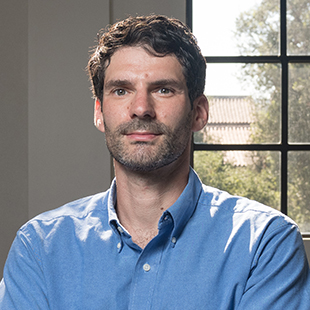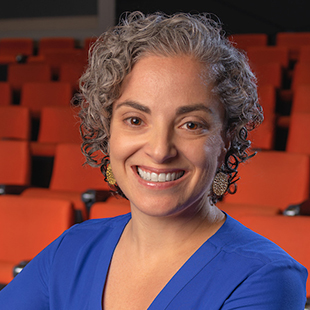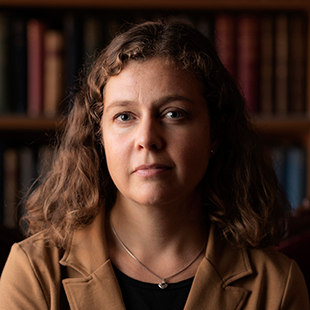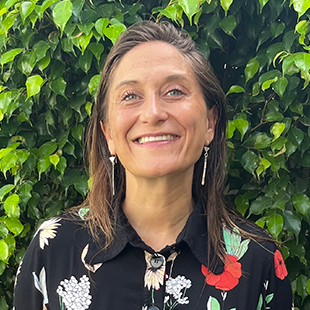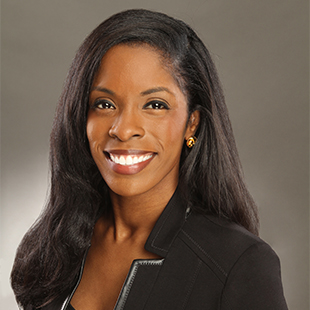Phillip Ayoub, Co-Lead Editor
Professor in the Department of Political Science and School of Public Policy at University College London, UK
Professor Ayoub’s research bridges insights from international relations and comparative politics, engaging with literature on transnational politics, LGBTQA rights, European integration, sexuality and gender, norm diffusion and the study of social movements. He is particularly interested in how the transnational mobilisation of marginalised peoples and international channels of visibility influence socio-legal change across states.
Professor Ayoub’s research expertise is centred around Western and Eastern Europe, with particularly close ties to Germany, Italy and Poland.







